Ubiquitin is a regulatory protein in the body. Our understanding of the protein has been enhanced after a new study emerged in March which shows its importance after exercise.
Researchers from the University of Copenhagen in Denmark, working in collaboration with the University of Sydney, saw a significant increase in the activity of Ubiquitin after participants performed a high-intensity training session of around 10 minutes on an exercise bike.
By examining blood samples and parts of muscle tissue, the researchers saw a subsequent intensification of the targeting and removal of worn-out proteins in muscles.
Explaining these findings, Professor Erik Richter who worked on the study said: "Muscles eliminate worn-out proteins in several ways,"
"One of these methods is when Ubiquitin, ‘the death-marker,’ tags a protein in question. Ubiquitin itself is a small protein.
“It attaches itself to the amino acid Lysine on worn-out proteins, after which the protein is transported to a Proteasome, which is a structure that gobbles up proteins and spits them out as amino acids.
“These amino acids can then be reused in the synthesis of new proteins. As such, Ubiquitin contributes to a very sustainable circulation of the body's proteins."
Putting this into more simplistic terms, Professor Jorgen Wojtaszewski who also worked on the study explained: "Basically, it explains part of the reason why physical activity is healthy. The beauty is that muscle use, in and of itself, is what initiates the processes that keep muscles 'up to date', healthy and functional."
Active Recovery Rather Than Passive Recovery?
You could argue that these findings support the notion that exercise assists the recovery process because it promotes the release and effectiveness of Ubiquitin. This would fit nicely into the argument for active recovery over passive recovery techniques.
The only stumbling block is that an intense exercise bout was performed by the participants rather than the more gentle exercise that would be performed by athletes on a recovery day. Therefore, we can’t be certain from this evidence alone that Ubiquitin would work in the same way after an easy 30-minute jog, for example. But in time, more research should alter our understanding of Ubiquitin further.


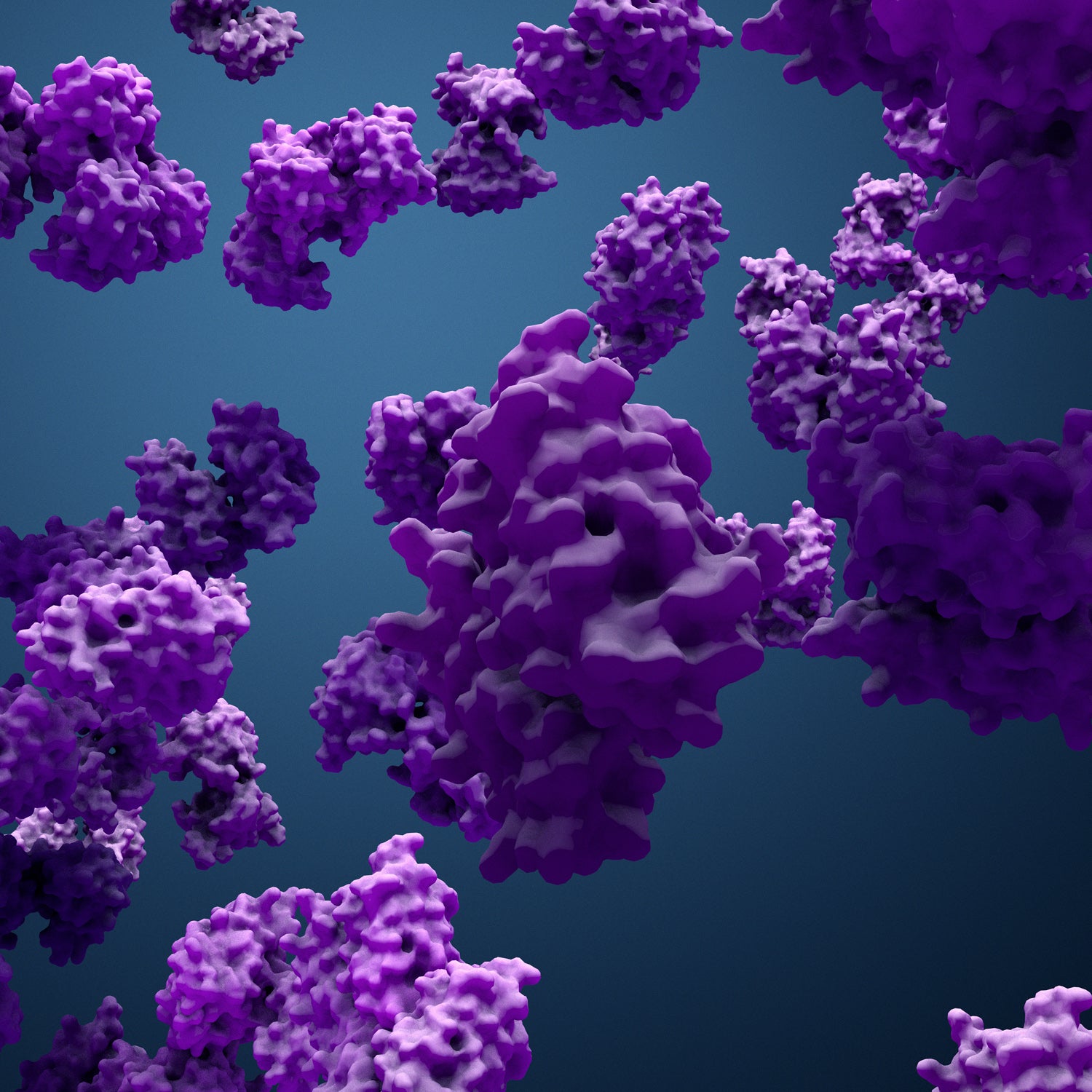









































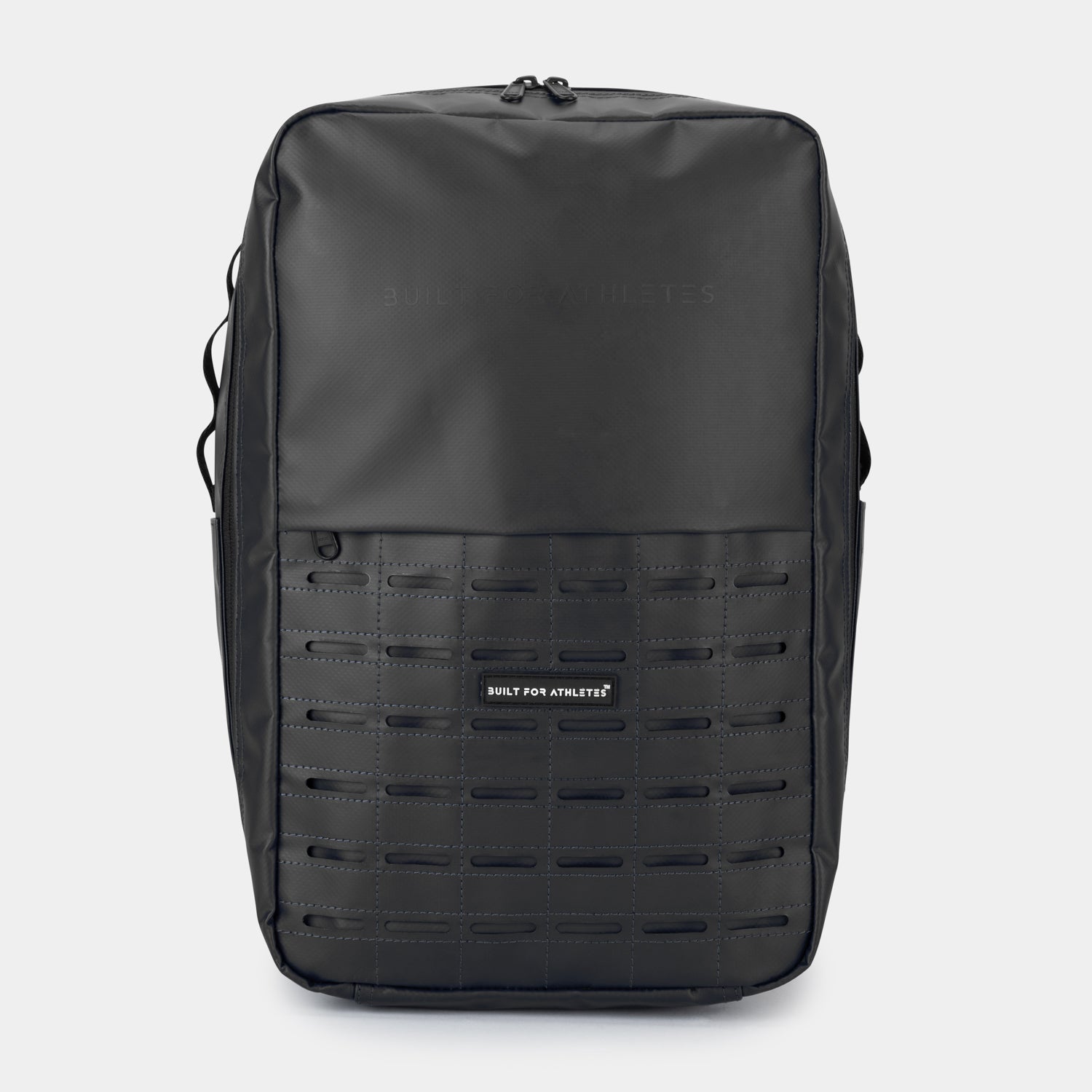

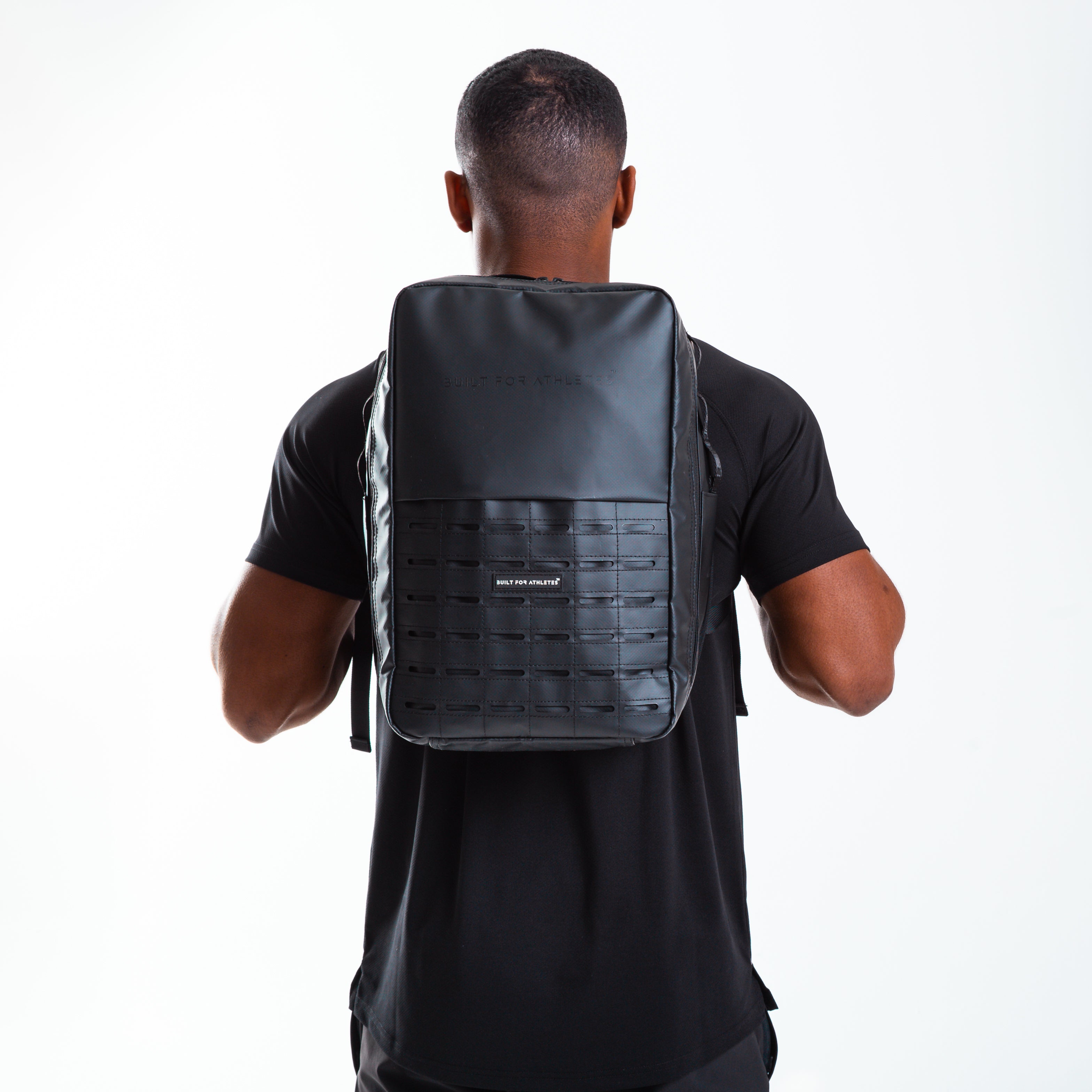







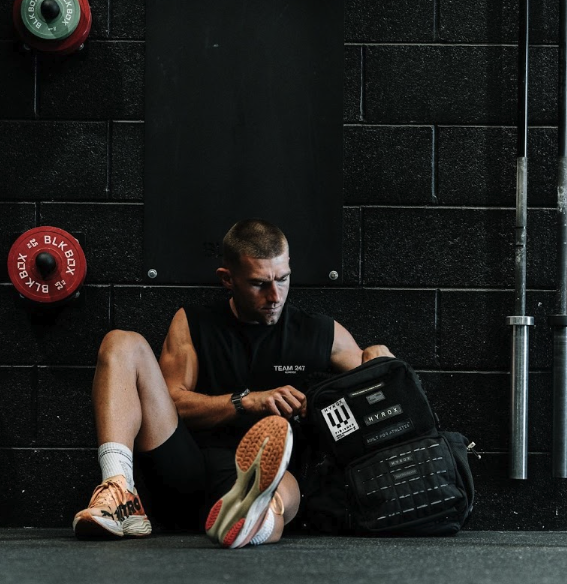
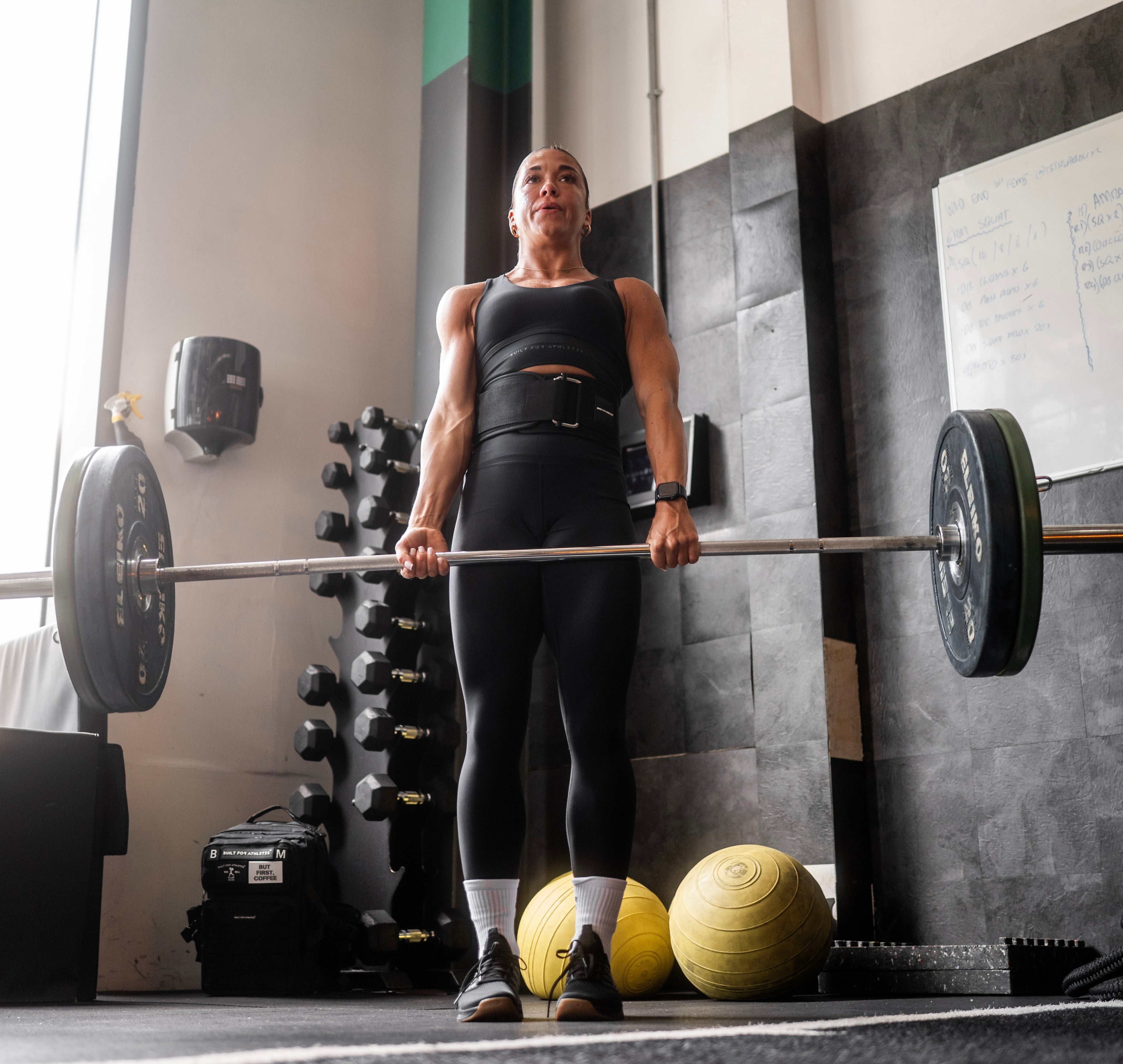

Share:
How Do Rugby League Players Train?
Dubai CrossFit Challenge Online Report